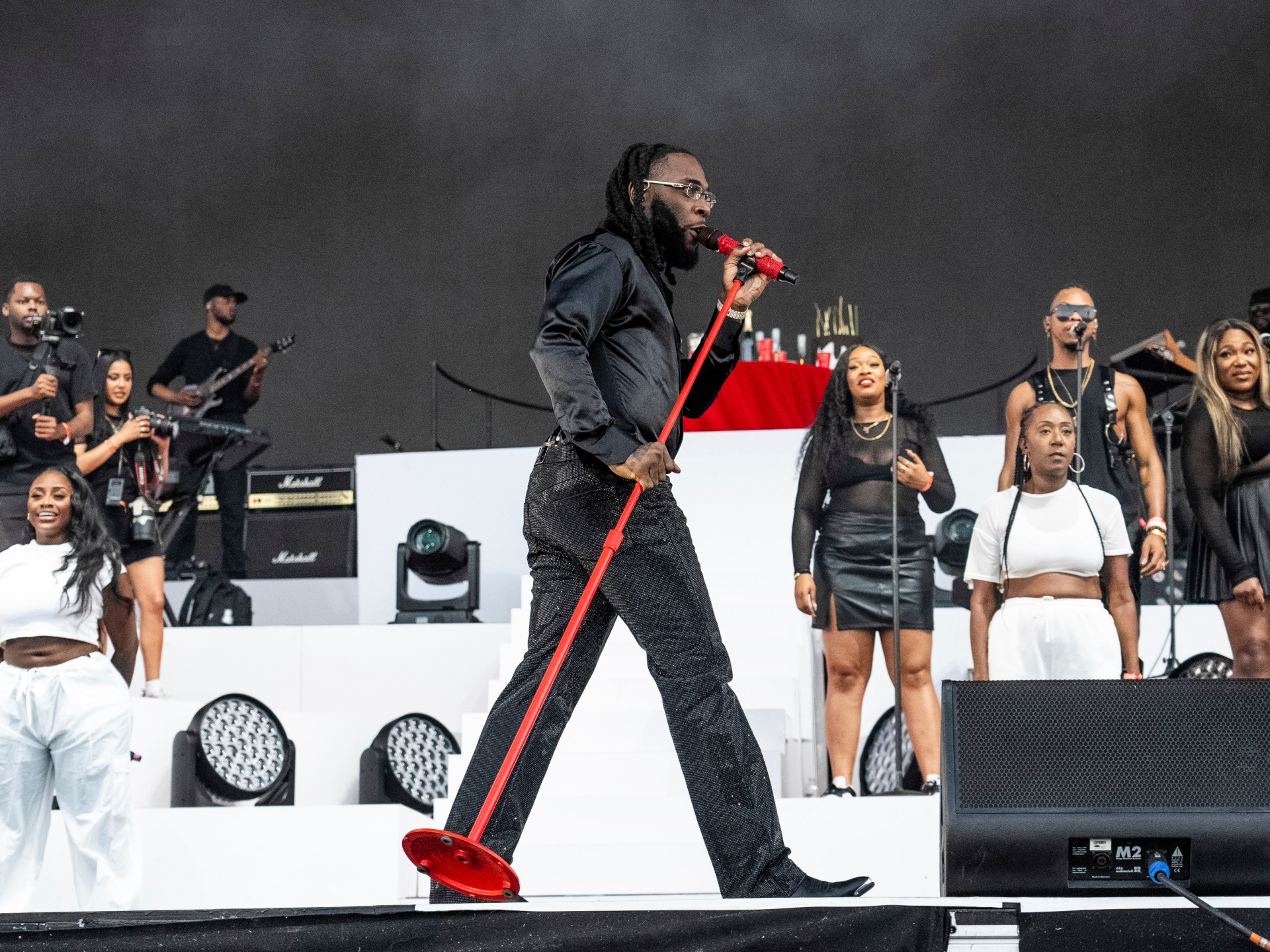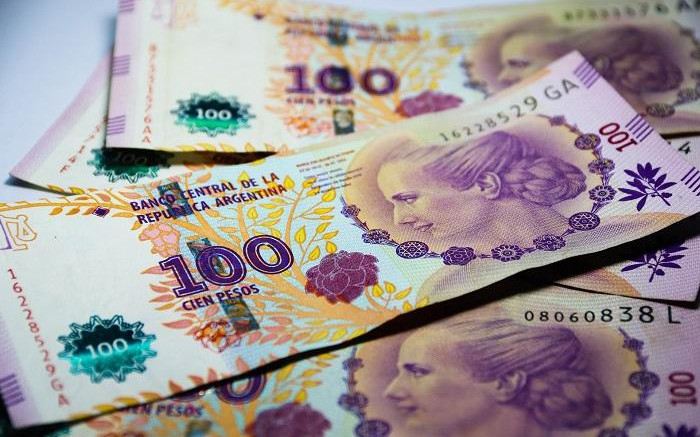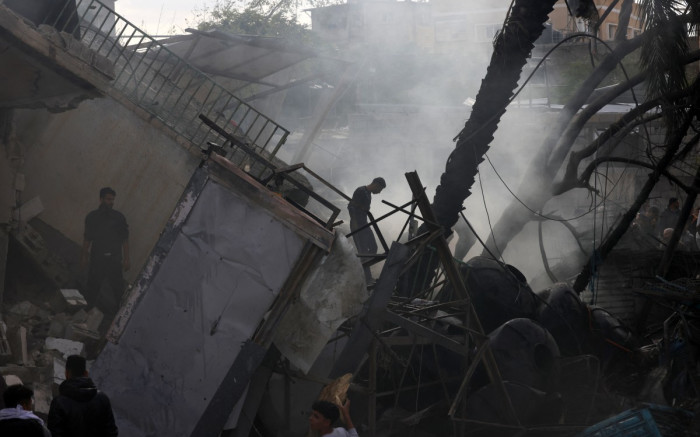
Lagos, Nigeria – December in Chinenye Ikechukwu is usually marked by concerts, parties and restaurant and beach trips with friends. But this year, the 27-year-old resident of Yaba, Lagos, has largely stayed at home due to the economic downturn ravaging Africa’s largest economy.
The rising cost of living and rapidly rising inflation, which stands at 28 percent, forced them to create a preference list. The most painful thing was canceling Detty December, as Nigeria’s end-of-year celebrations are called. They offer a continuous series of concerts, parties and other festivities.
“The point is that December this year is very tough and this is the worst recession I have ever seen. Nowadays you go back to something you saw just the day before and that comes at a higher price,” she told Al Jazeera. “And there’s nothing you can do about it.”
Lagos, the nerve center of the Nigerian entertainment scene, hosts hundreds if not thousands of events every December. This spectacle also takes place in towns and villages far from Lagos, although at a much slower pace.
These concerts are a major contributor to the music industry’s annual revenue of more than $2 billion revenue.
“What has happened in the last decade and a half is that a lot of brands and artists have created this modern experience that is essentially built on the culture of people coming together to have fun and enjoy themselves,” said Ikemesit Effiong, Partner at SBM Intelligence, a Lagos-based socio-political risk consultancy.
This year the fun was muted.
Hard times
Since his inauguration in May, President Bola Tinubu has been on a mission to improve the economy, but his policies have done little to do so. The floating of the currency and the removal of fuel subsidies have triggered record inflation in a country where 133 million people live in poverty.
The disposable income of many people like Ikechukwu who have now opted to “cook rice at home” has declined. Nigerians advocate staying away from the party circuit.
Realizing that she could not join the Christmas hustle and bustle, Ikechukwu decided to host a Christmas party for her friends at home but the price of staples in the market made her abandon the plan.
From April to May, the cost of making a pot of jollof rice is elevated by almost 30 percent. By December it had almost doubled as the minimum wage barely changed throughout the year.
“The prices of food and the cost of catering… are almost impossible. I didn’t even pay attention to what happened since then,” she said.
Analysts such as Effiong said inflation eroded the incomes of all sections of the country’s population, particularly in December.
“There is always an additional burst of inflation in December because many service providers tend to go home, so prices generally rise in December even in the best of times,” he told Al Jazeera.
Concerts have been an integral part of Odunayo Odedoyin’s December plans for the past three years. Last year she attended several shows, including performances by CKay and Runtown, but this year she cannot continue that winning streak.
“The ticket prices are even scary now,” said the 25-year-old.
The minimum amount for a ticket to a big show is around 20,000 naira (US$22). Experts said trade show organizers were only reacting to the rising costs of securing venues and logistics services.
Their plans were hampered not only by ticket prices but also by rising transportation costs. Fees for ride-sharing apps like Uber and Bolt have doubled or tripled in some cases. Thirty-minute rides that used to cost about 4,000 naira ($4.42) now cost about 12,000 naira ($13.27) or more.
“I was planning on partying hard, but Bolt ride prices are crazy now, making it difficult to get around the way I had planned,” she said.
Reduced show traffic
This year the number of concerts in Lagos has drastically decreased. Organizers canceled some before the December festivities began. For those still being held, the economic downturn has affected their participation, said Bizzle Osikoya, co-founder of The Plug, a Lagos-based entertainment company.
“A lot of shows aren’t as full as usual because people can’t really afford it. Some people now prefer to go to free or smaller events,” he told Al Jazeera. “More and more people want to go to big company end-of-year parties where they don’t have to buy tickets.”
Osikoya’s company decided to make its Island Block Party affordable, with the cheapest ticket set at 2,000 naira (US$2.21), allowing partygoers to still attend the shows despite the cash crunch.
“Our shows have not been affected as our show prices are not high. We make sure the fans can come and have fun. … Our production may not be as expensive as the others, so our show is not as expensive,” he said.
According to a November report by SBM Intelligence, Nigerians are spend They make 97 percent of their income from food, leaving only a tiny margin for other essentials such as transportation, healthcare and even shelter. Little or nothing goes into the conversation.
“Detty December becomes synonymous with either being economically secure or being financially irresponsible because it is expensive [partake in] Now. That really sums up where Nigeria is now, which is not a particularly good place,” Effiong said.
This, he added, shows that structural weaknesses in the Nigerian economy are manifesting themselves in the services sector.
“The service sector has traditionally been the engine of growth at a time when many service providers need financial support. It is really worrying that the only economic sunshine we have had for some time is coming under pressure,” Effiong said.
In Lagos, despite a quiet December, Ikechukwu is still worried about what is to come in January, which, as Nigerians joke, is extended by 60 days due to limited spending capacity after the festive spending in December.
“I am worried about this because it shows me that our economy is in shambles and there is nothing to be done,” Ikechukwu said. “All indications are that things will get worse in 2024.”






Recent Comments